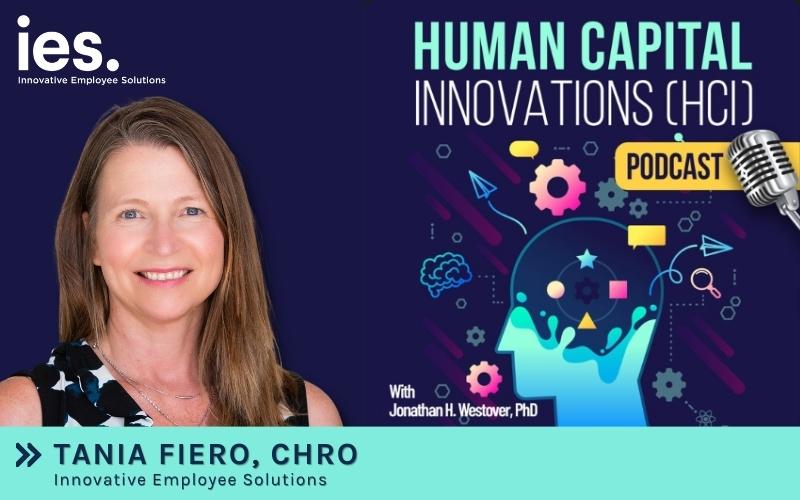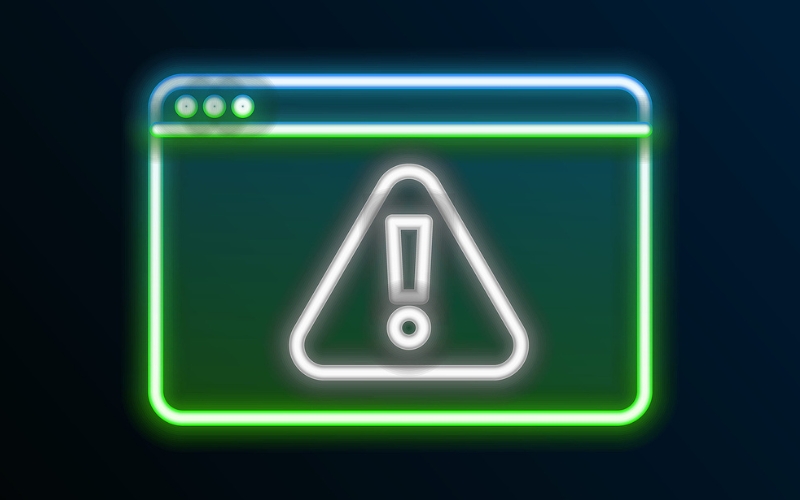Technology

On today’s episode of the Human Capital Innovations (HCI) Podcast, Jonathan H. Westover speaks to Tania Fiero from Innovative Employee Solutions (IES) about addressing workforce gaps using contingent workers. Tune in for the full conversation on Human Capital Innovations (HCI) Podcast with Jonathan H. Westover. Interview with: Tania Fiero, Chief Human Resources Officer…
Read the full story
Although remote work once seemed like a temporary fix during the pandemic, it’s evident that it’s here to stay. While remote and hybrid offices were taking hold of the workforce, companies also began engaging more contingent and freelance workers. In a recent survey, large corporations in the U.S. said that 28% of their workforces were…
Read the full story
The way people work has been changing for a while now. Even before the pandemic hit, companies had been rethinking their approach to business. The last couple of years accelerated many of the trends already present. One of the most common of those trends was remote work, or, at the very least, hybrid work. At the…
Read the full story
Hiring international employees is a tricky but essential practice for many businesses. Your company is growing and ready to take the next step of expanding globally. As your company grows, one of the first considerations is how to engage the workforce needed to support your expansion efforts. Understanding employment laws and cultural expectations for the…
Read the full story
Today, the item at the top of many executives’ lists is rising labor costs. To help employees stay afloat among increasing costs of living and keep them engaged, leaders are adjusting compensation. However, that leads to more business costs. So, how can company leaders manage their costs and invest in their talent? Read the…
Read the full story
The oldest members of Generation Z are now hitting their early 20s and beginning to make their mark in the world of work. Gen Z is a unique group with a perspective founded on technology and rapid global change. As such, employers cannot treat them like any other generation—even millennials. Gen Z’s characteristics in the…
Read the full story
The power dynamic between employers and employees is shifting. As executives across industries struggle to keep and attract top talent, it is evident that employers no longer hold the majority of the power in recruitment. Because the workforce of today is more discerning, candidates are no longer afraid to turn down job offers and keep…
Read the full story
The work landscape has changed drastically, and as it has, new solutions for hiring and engaging talent have also come. There are many contributing factors, including a shift in the attitude of many workers prioritizing flexibility in their career paths, the rise of the gig economy, and the pandemic. Enter total talent management. Total talent management is…
Read the full story
The way we hire has changed so drastically in recent years that it is almost unrecognizable. Since the COVID-19 pandemic disrupted nearly every facet of the working world, we have learned how to embrace flexibility, remote and hybrid working, and communication through screens. Meanwhile, the disruption of our personal lives has led many of us…
Read the full story
It’s no secret that the world of work is changing, driven largely by Millennials, Zennials, Gen Zers, and other neo-digital natives. After all, Millennials make up 35% of the U.S. workforce, which means it’s the largest working generation right now. Although Zennials and Gen Zers don’t have as high numbers, they are the future workforce. This…
Read the full story


